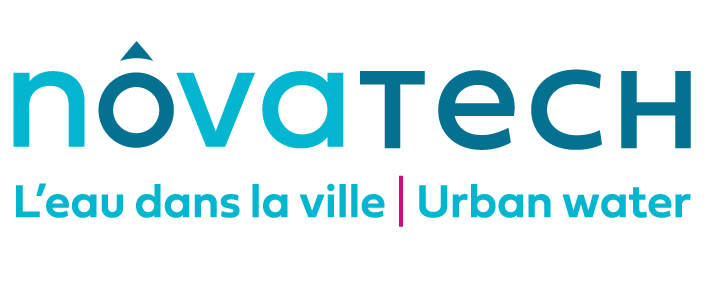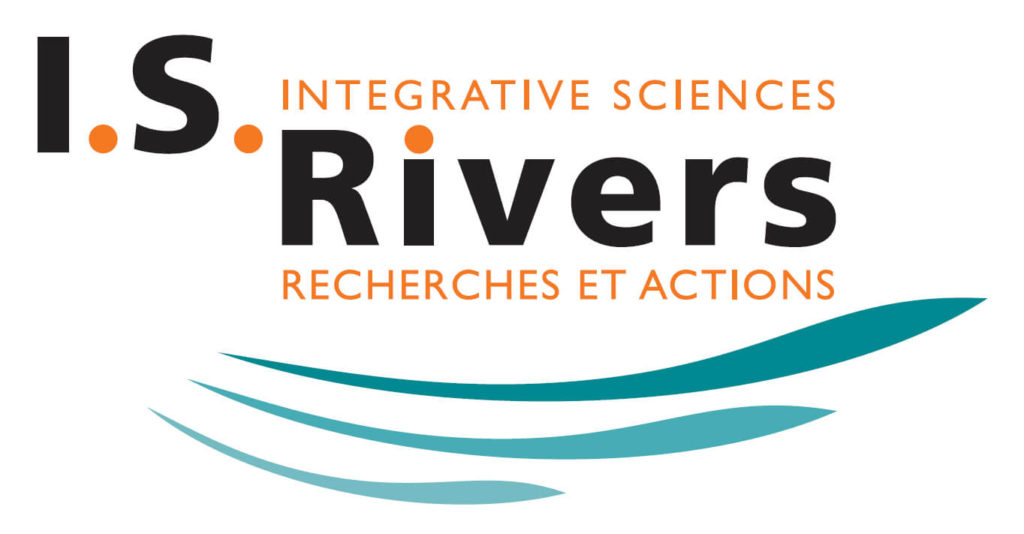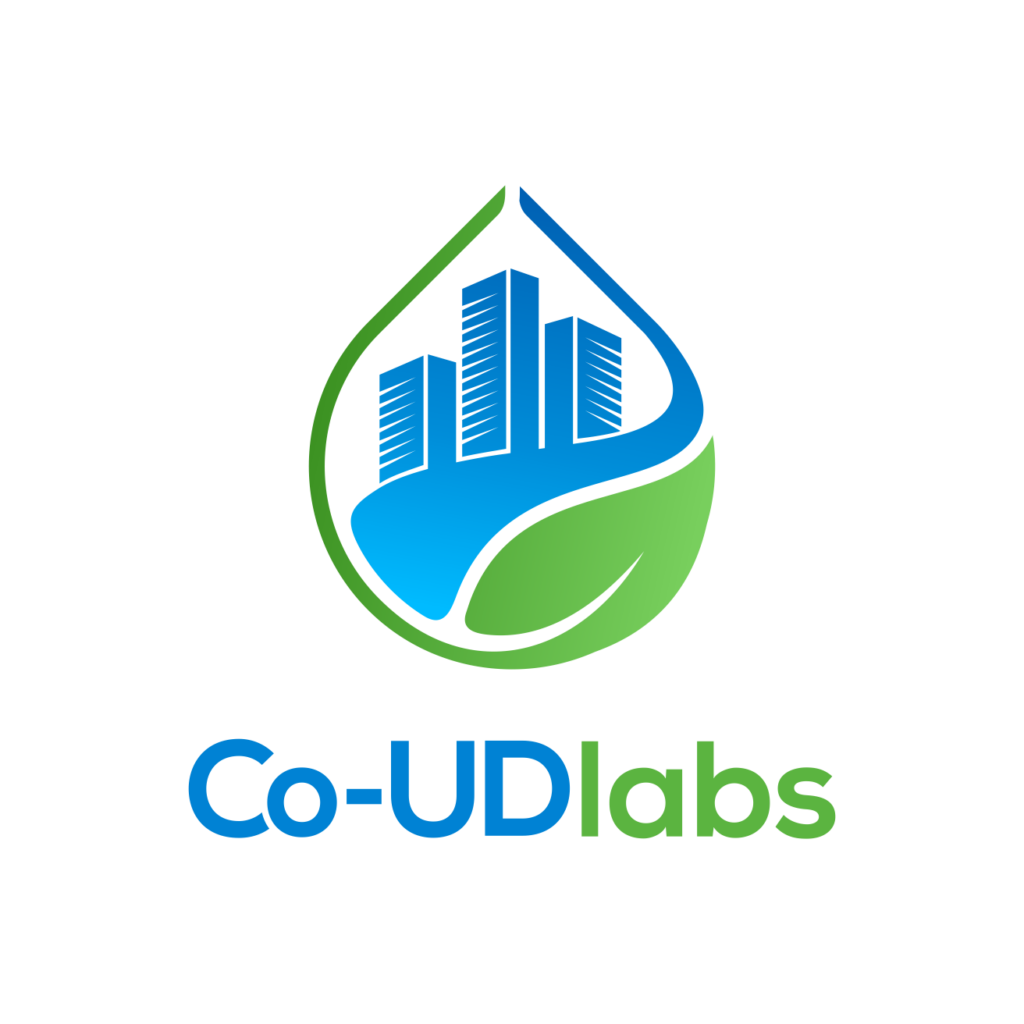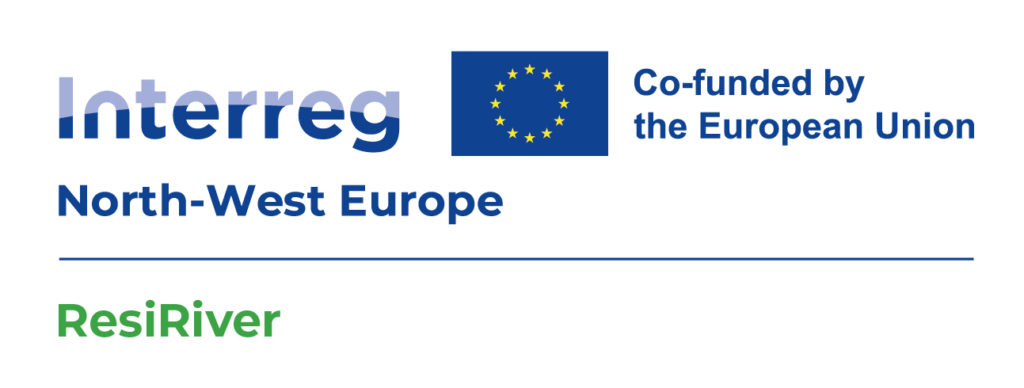About the Graie
 An interface between water professionals
An interface between water professionals
A non-profit organisation, the Graie – group of research, technical coordination and water information – has been mobilising and bringing together stakeholders in the fields of water management, aquatic environments and urban planning for more than 30 years. Created in 1985, the Graie now has more than 300 members: public and private professionals, local authorities, firms and research laboratories.
4 international projects
Our vocation
Produce and propagate scientific and technical knowledge, highlight case studies and convey collective messages to public authorities. The Graie thus contributes to knowledge appropriation and the evolution of practices & water regulations.
3 main themes

URBAN WATER
This theme has been one of the Graie’s main activities since its creation. The Graie’s actions aim to promote alternative solutions for stormwater management, better understanding the impact of urban effluents on aquatic environments and assisting with knowledge transfer in the field of water and urban drainage.
WATER AND HEALTH
The characterisation and control of micropollutants in water is an important emerging issue from both a scientific and public policy point of view. Since 2010, the Graie has coordinated the SIPIBEL observatory – Bellecombe’s pilot site – on the characterisation of hospital and urban effluents, their impact on aquatic environments and levers of action.


AQUATIC ENVIRONMENTS
The integrated management of water and aquatic environments is the second founding theme of the Graie; it requires inter- and multidisciplinary approaches involving various stakeholders. Since 1985, the Graie has been mobilising a network of experts for the production of an integrated management methodology. It also coordinated a reflection on work to be carried out after flooding, which resulted in an awareness brochure.
Our modes of action
The Graie aims at sharing a culture based on knowledge and exchange of experiences, in order to improve practices in the field of water management. To do so, the Graie:
- Hosts 5 research groups: ZABR – Rhone Basin Long Term Environment Research, OTHU – Field Observatory for Urban Hydrology around Lyon, SIPIBEL – Bellecombe’s pilot site on hospital effluents and sewage treatment plants in Haute-Savoie, OSR – Rhone Sediment Observatory and OHM VR – Rhone Valley Human-Environment Observatory
- Coordinates regional exchange networks
- Organises meetings, conferences and symposiums, from a local to international scale – Our 2 international conferences bring together more than 500 people every 3 years (Novatech & I.S.Rivers)
- Mobilises research teams on subjects requiring multidisciplinary skills
- Produces technical, scientific and awareness documents freely available on its website
- Represents a community of local authorities, scientists and technical partners that draws up and presents proposals to the State, to diverse authorities and partners on a national scale, in order to build or improve the regulatory framework for water management on the territories
Organisation
The permanent team of Graie is composed of 11 members of staff including 6 project managers, with both technical and scientific skills.
The Graie relies on a board of directors made up of representatives of local authorities, research organisations and companies. It is supported by many partners: Water agencies, local authorities, Ministries, …
Bureau and executive board members
The bureau
Frédéric CHERQUI, INSA Lyon
President
Stéphane BUSCHAERT, BRGM AURA
Vice-President
Pascal BOISTARD, INRAE Lyon-Grenoble Auvergne-Rhône-Alpes & Jean-Marc CHOUBERT
Vice-President
Guillaume ARAMA, Veolia Eau Centre Est & Francis ROULAUD
Treasurer
Cyrille GIREL, Grand Chambéry
Assistant treasurer
Jean-Philippe BEDELL, ENTPE
Secretary
Anne-Laure HERAUD, Suez Consulting – Safège
Assistant secretary
The Graie has been chaired successively by Bernard CHOCAT (INSA Lyon, founder and now Honorary Chairman), Yves PERRODIN (ENTPE), Jean-Luc BERTRAND-KRAJEZWSKI (INSA Lyon), Frédéric CHERQUI (INSA Lyon), Pascal BOISTARD (INRAE), Stephane BUSCHAERT (BRGM), and today CHERQUI (INSA Lyon).
The executive board
BRGM Auvergne-Rhône-Alpes – Stéphane BUSCHAERT, suppléante Blandine CLOZEL LELOUP
Mandate: 2025-2028
ENTPE – Yves PERRODIN, suppléant Laurent LASSABATERE
Mandate: 2023-2027
Grand Chambéry – Cyrille GIREL
Mandate: 2023-2026
INRAE Lyon-Grenoble Auvergne-Rhône-Alpes – Pascal BOISTARD, suppléant ; Jean-Marc CHOUBERT
Mandate: 2025-2028
INSA Lyon – Frédéric CHERQUI, suppléant Jean-Luc BERTRAND-KRAJEWSKI
Mandate: 2023-2027
IRG-Université Lyon II – Norbert LANDON, suppléant Oldrich NAVRATIL
Mandate: 2023-2027
Lycée LEGTA AGROTEC Vienne Seyssuel – Pierre KABACINSKI, suppléante Sophie BRUDER
Mandate: 2023-2026
Réalités Environnement – Marc WIRZ, suppléante Oriane VILLET
Mandate: 2025-2028
Roannaise de l’eau – Syndicat du cycle de l’eau – Daniel FRECHET, suppléant Carole BERLAND
Mandate: 2025-2028
Suez – Eau France – Emmanuel GERVAL, suppléant Yves BAILLY.
Mandate: 2025-2028
Suez Consulting – Safège – Anne-Laure HERAUD, suppléant Olivier BOSSI
Mandate: 2023-2027
Syndicat des Eaux des Rocailles et de Bellecombe – Thierry ADAM
Mandate: 2023-2027
Syndicat Mixte du Lac d’Annecy – Valérie GUICHARD
Mandate: 2023-2026
TILIA – Laurent BOURDIN, suppléante Leslie POTIER
Mandate: 2023-2026
Valence Romans Agglo – Marlène BLANC, suppléant Franck BIOTEAU
Mandate: 2023-2026
Veolia Eau Grand Est – >Guillaume ARAMA, suppléant Francis ROULAUD
Mandate: 2023-2026










